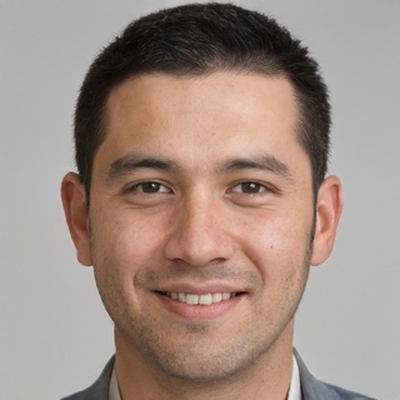Notifications
ALL BUSINESS
COMIDA
DIRECTORIES
ENTERTAINMENT
FINER THINGS
HEALTH
MARKETPLACE
MEMBER's ONLY
MONEY MATTER$
MOTIVATIONAL
NEWS & WEATHER
TECHNOLOGIA
TV NETWORKS
VIDEOS
VOTE USA 2026/2028
INVESTOR RELATIONS
COMING 2026 / 2027
ALL BUSINESS
COMIDA
DIRECTORIES
ENTERTAINMENT
FINER THINGS
HEALTH
MARKETPLACE
MEMBER's ONLY
MONEY MATTER$
MOTIVATIONAL
NEWS & WEATHER
TECHNOLOGIA
TV NETWORKS
VIDEOS
VOTE USA 2026/2028
INVESTOR RELATIONS
COMING 2026 / 2027
 Richard Armstrong -
August 7, 2024 -
Other -
apraxia specialist
motor speech
Childhood apraxia of speech
apraxia
-
309 views -
0 Comments -
0 Likes -
0 Reviews
Richard Armstrong -
August 7, 2024 -
Other -
apraxia specialist
motor speech
Childhood apraxia of speech
apraxia
-
309 views -
0 Comments -
0 Likes -
0 Reviews

Supporting a child with childhood apraxia of speech (CAS) involves more than just attending therapy sessions. This article provides practical tips for parents on how to support their child’s therapy and enhance their progress.
Parents play a crucial role in supporting therapy for Childhood apraxia of speech:
Effective collaboration with an apraxia specialist enhances therapy outcomes:
A supportive environment is crucial for your child’s success:
Parents play a vital role in supporting their child’s therapy for childhood apraxia of speech. By incorporating consistent practice, collaborating with the apraxia, and creating a supportive environment, parents can significantly enhance their child’s progress and success in therapy.
